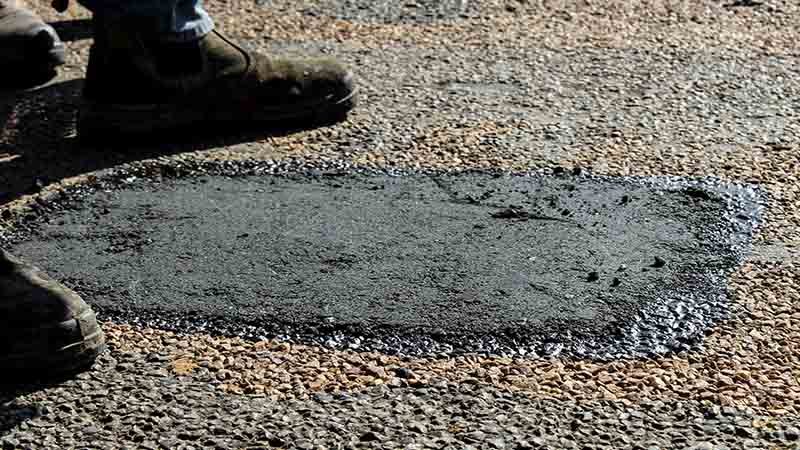Your Concrete Handbook
Planning a concrete project? This guide covers everything from choosing the right concrete mix to navigating local regulations. However, before diving into the specifics, it’s essential to understand the unique challenges and opportunities presented by the local environment and soil composition. This detailed understanding will inform your material choices, project timeline, and ultimately, the success of your project.
Concrete Essentials
Concrete is a mix of cement, aggregates (sand, gravel), and water. The quality of these ingredients, especially in different climate conditions, impacts the final product. Ready-mix concrete is common for residential projects, offering easy and convenient placement. Precast concrete, made off-site, suits larger projects. Understanding the different types of concrete and their suitability for your specific project is crucial for long-term durability and performance. What are the long-term maintenance requirements for different concrete types in various climates?
Concrete Varieties
Ready-mix is delivered ready to pour. Precast components are manufactured off-site for increased efficiency. Ready-mix is generally better for smaller projects, while precast is suitable for large-scale construction. How do I determine the right concrete type for my project size and budget? What are the pros and cons of each type for a specific context?
Climate Considerations
The temperature fluctuations, especially freeze-thaw cycles, and clay-rich soil require specific concrete mixes. High-strength concrete is crucial for foundations, providing exceptional stability. Fibre-reinforced concrete adds durability for driveways and patios. Consult local suppliers for mixes designed for various conditions. What specific mix designs are recommended for foundations, driveways, and patios, considering the soil and climate? Are there any specific additives recommended for various conditions?
Planning Your Project
Planning involves site evaluation (soil testing, drainage), council regulations (permits), and budgeting. Soil testing is crucial due to the clay content. Proper drainage is essential to prevent issues related to rainfall. Contact the council for specific permit requirements. Where can I find qualified soil testing professionals, and what specific information should the soil test provide? What are the exact permit requirements for different types of concrete projects, and how long does the permit process typically take? How can I accurately estimate the overall project cost, considering specific market conditions?
Preparing for the Pour
Clear the area, ensure proper drainage, and build sturdy formwork. Compacting the soil, especially clay soil, is vital for a stable base. Reinforced formwork is essential for larger projects, ensuring structural integrity. What are the best practices for compacting clay soil to ensure a stable foundation? What type of formwork is recommended for different concrete projects?
Tackling Concrete Troubles
Cracking can occur due to temperature swings and soil movement. Proper curing is crucial. Control joints help manage cracking, offering enhanced crack control. Use a concrete mix designed for the local climate. What are the early signs of concrete issues specific to this environment, and how can they be addressed proactively? How can I ensure proper curing in fluctuating weather conditions?
Curing Concrete in Queensland
Curing involves maintaining consistent moisture and temperature. In Queensland’s humidity, protect the concrete from drying too quickly. Covering the concrete with plastic sheeting or using a curing compound ensures optimal hydration. What are the specific curing times recommended for different concrete types in different climates and humidity? What are the pros and cons of using plastic sheeting versus curing compounds?
Maintaining Concrete
Regular cleaning and sealing protect against weather conditions. Use a sealer suitable for the local environment. Address minor cracks promptly to prevent larger problems. Applying a high-quality sealer provides superior protection against the elements. What types of sealers are best suited for this climate, and how often should they be reapplied? What are the most effective methods for repairing minor cracks in concrete?
Just as consistent maintenance is key for your concrete project’s longevity, regular website audits are crucial for maintaining a strong online presence. A comprehensive SEO audit can identify areas for improvement and help boost your website’s performance. Download our Free SEO Audit Checklist today and get a complimentary 15-minute consultation to discuss your specific needs. Enter your email below and we’ll send you the checklist instantly.

DIY vs. Professional
DIY can save on labour but requires time and expertise. Professionals offer guaranteed quality control and efficiency. Professionals also have access to better material pricing and specialised equipment. How can I assess my own capabilities to determine if DIY is a realistic option for my project? What are the potential risks and hidden costs associated with DIY concrete projects?
Cost Considerations
DIY might seem cheaper, but professionals often get better material prices. Get multiple quotes from different contractors. Comparing multiple quotes allows for informed decision-making. How do material costs compare to other regions, and what factors contribute to these differences? What is the average labour cost for concrete work, and how can I ensure I’m getting a fair price?
Conclusion
With proper planning and execution, your concrete project can be a success. Contact a local concrete contractor for expert advice.
Planning your online presence is just as crucial as planning your concrete project. For a comprehensive guide to optimising your website, download our Free SEO Audit Checklist. It’s a valuable tool to help you improve your site’s performance and achieve your online goals. Enter your email below to receive the checklist and a free 15-minute consultation.




